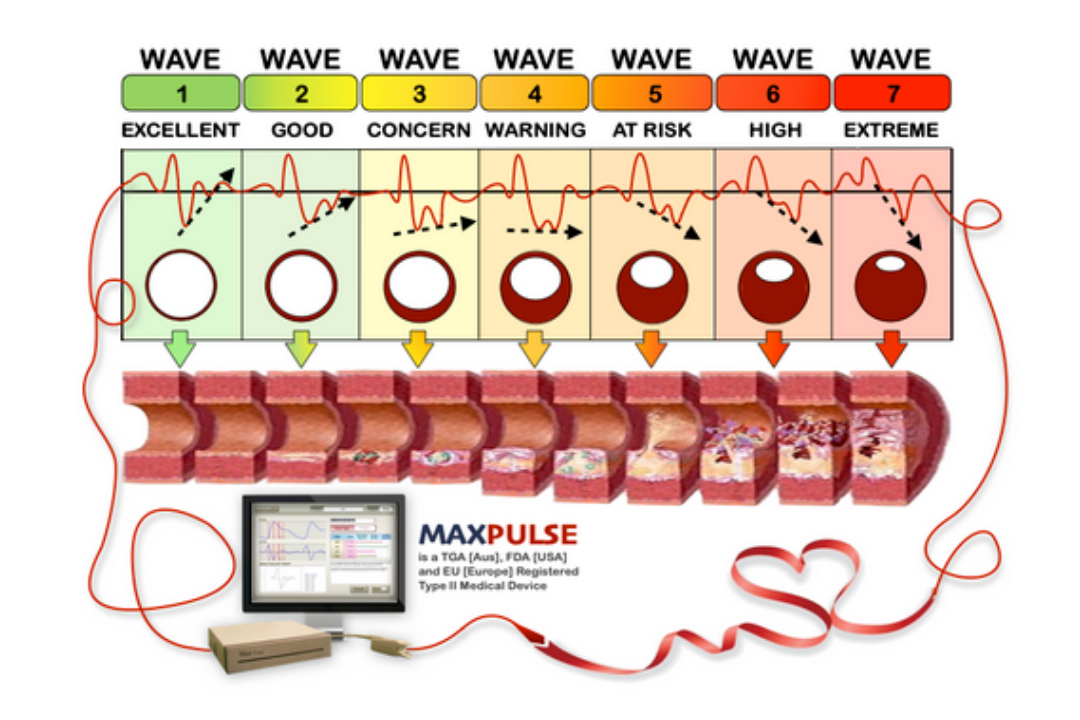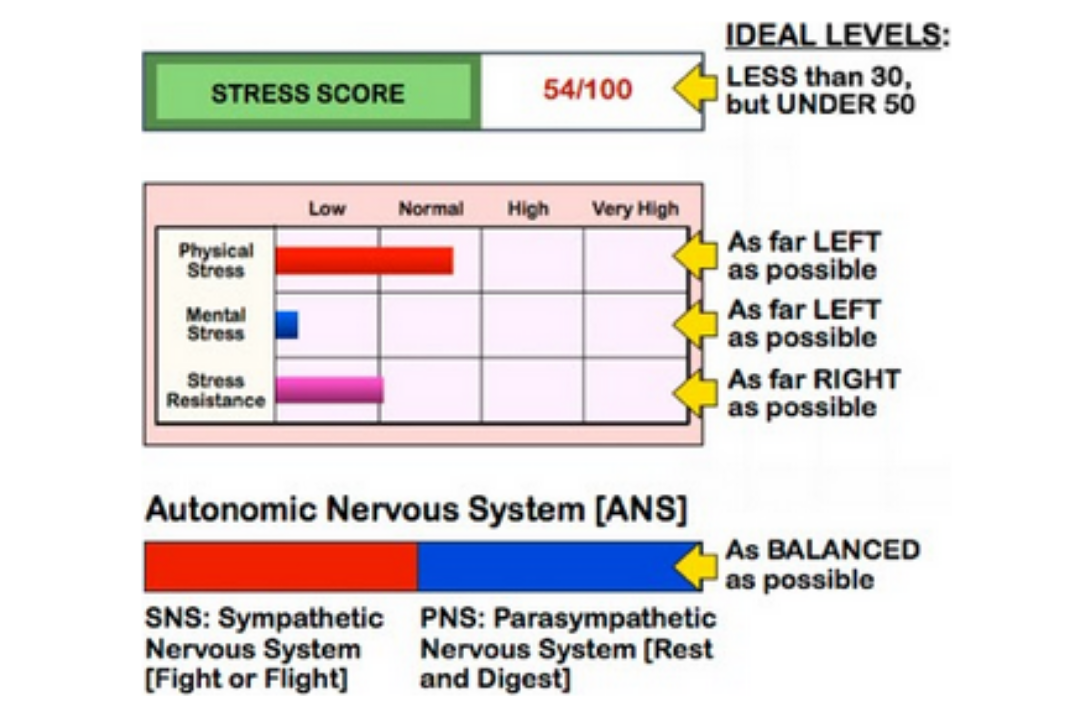6 Reasons to Check Your Heart Health Today
Cardiovascular disease includes heart, stroke and blood vessel diseases and is one of Australia’s largest health problems.
Underlying cause of 1 in 4 deaths (2018)
1.2 million Australian adults had 1 more more conditions related to heart or vascular disease, including stroke
More than 4 in 5 hospitalisations occurred in those 55 and over
11% of all hospitalisations in 2017-18 (11%) were from cardiovascular disease
Kills around 40% more males than females
Kills 118 people every day or one person every 12 minutes

My Story
Hi there, I am Justin Phillips and I have always had a passion for helping people through health care, working in emergency medicine as a paramedic and complementary medicine, massage, nutrition, kinesiology, traditional Chinese medicine etc, managing and owning natural medicine clinics and health food shops.
My wife and I had our medical gene profiles done years ago, with my wife’s showing lots of weaknesses in the cardiovascular health area. This always had me concerned. While we have healthy lifestyle practices in place, I didn’t know of a way to really check in how her underlying cardiovascular health was.
Then in 2021, my father-in-law had a heart attack. He recovered, but it gave the entire family a huge scare.
As often comes from a crisis, new information came across our path. This included being referred to Nobel Prize winning science, that sets out a clear path to reverse heart disease, before you get to a serious problem that usually involves the emergency department.
I also got introduced to a way to accurately check your heart health status, and if there are issues you can get into immediate action to address them.
How does it work?
The Max Pulse test is non-invasive and uses a photoelectric clip on the fingertip. By measuring the blood at the fingertip, the Max Pulse can graph the heartbeat as it moves through systolic and diastolic. When a person’s arteries are flexible, the pressure at the fingertip has specific deviations as the arteries flex. If the person’s arteries are very stiff, the graph becomes very tight and regular. The machine performs an analysis of the arterial pulse wave by using a very sophisticated algorithm to track variations in the graph that are not visible to the naked eye and then interprets those results against a large body of research. The result is an assessment of arterial hardening that is very accurate. arterial hardening that is very accurate.

Arterial Health Score
The 1-7 scoring system gives a very accurate assessment of arterial hardening. The final report can also indicate instances where the patient has early congestive heart failure or heart weakening. This test allows you can detect arterial hardening or heart weakening long before the patient becomes symptomatic. This is crucial in diabetic patients and for patients with high blood pressure or elevated lipids.

Autonomic Balance Test
The machine also does a very accurate heart rate variability test and prints an autonomic nervous system analysis, that shows:
> if the person is overstressed and the sympathetic nervous system is dominant,
> if the person is fatigued or the sympathetic is suppressed and the parasympathetic system is dominant.
> how well the patient is dealing with their stress levels and assigns a stress score
LET'S CHAT.
© Copyright 2021. Justin Phillips All rights reserved.
